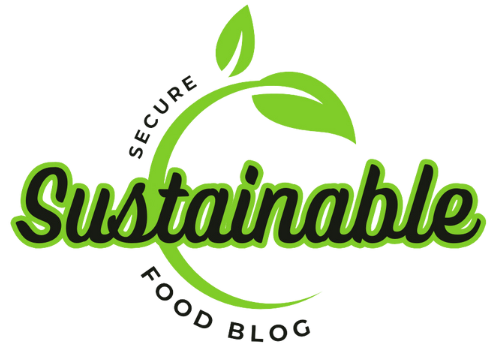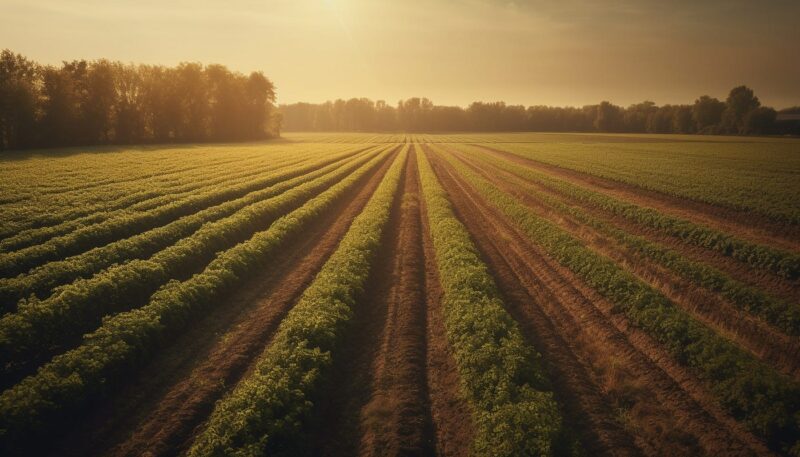My journey into farming didn’t end with regenerative methods alone. When I witnessed the benefits to my land firsthand, it pushed me to go further into organic practices.
Organic farming meshes with the ideals of sustainability and wellness that matter most to me.
It additionally provides a sensible way in for newcomers.
After seeing good results from regenerative methods on my small farm, I was inspired to try an organic approach too. When I noticed improvements in soil health, biodiversity, and crop growth, I got interested in exploring organic.
This article covers what worked for me as a beginner farmer adopting organic techniques.
Soil Management

The soil is the foundation of organic farming. Healthy ground means strong plants that don’t need as many outside inputs.
- Cover Crops/Green Manure: I stuck with cover crops like before to protect the soil. Things like clover get plowed under to enrich the land with nutrients.
- Composting: Making compost is key. I collected kitchen scraps, yard waste, and manure to develop rich compost. This improves soil structure and feeds the microorganisms.
- Crop Rotation: Switching up what I plant prevents soil depletion and pest buildup. I planned a rotation schedule to grow different things in each field every season. It’s boosted the soil’s health while keeping the pests away.
Natural Pest and Weed Control
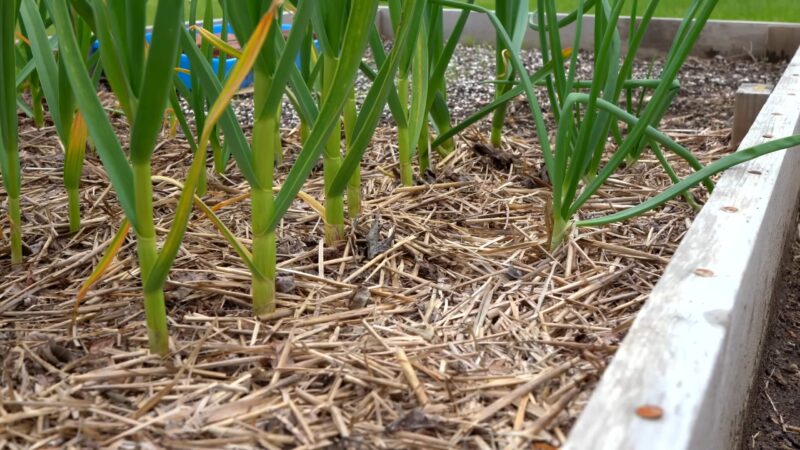
Organic farming means no synthetic pesticides or weed killers. Instead, it relies on natural solutions to control pests and weeds.
- Beneficial Insects: Encouraging helpful bugs is important. I planted flowers and herbs to attract ladybugs, wasps, and others that munch pests. These insects ended up helping control critters naturally.
- Companion Planting: Companion planting is growing different crops together. Certain plants can chase off pests or attract beneficial insects. Like marigolds ward off nematodes and basil repel mosquitoes. I planted a variety of companions to shelter my crops.
- Mulching: Mulching suppresses weeds and holds soil moisture. I used organic mulches like straw, grass clippings, and fallen leaves. Mulch also replenishes the dirt as it breaks down over time.
Water Management
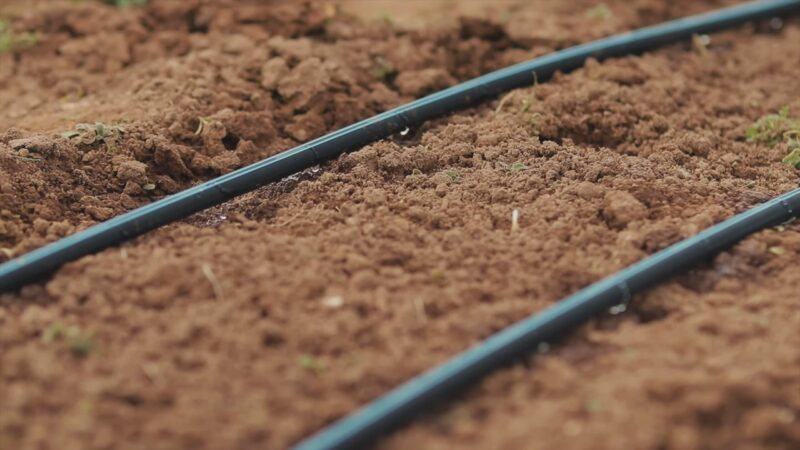
Using water efficiently is another very important detail in organic farming. It makes sure crops have what they need without wasting water.
- Drip Irrigation: Drip irrigation gets water right to the roots. This cuts back water waste and evaporation. I put in a drip system to efficiently water everything.
- Rainwater Harvesting: Capturing rainfall is a great conservation method. I set up rain barrels to collect runoff from the roof. Saved this water for dry spells.
- Soil Moisture Monitoring: Checking soil moisture helps avoid over or under-watering. Used a basic soil meter to test moisture levels in the dirt. This helped me water right for my plants.
Organic Fertilizers
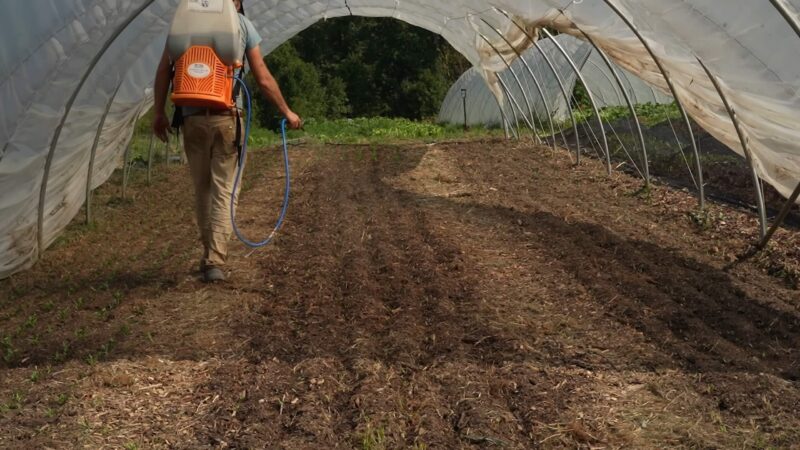
Synthetic fertilizers aren’t allowed in organic farming. Instead, natural sources provide key nutrients.
- Animal Manure: Manure from animals is nutrient-rich. I used crap from my chickens and cows to feed my plants. Added nitrogen, phosphorus, and potassium to the dirt.
- Compost Tea: Compost tea is a liquid fertilizer made from compost. Steeped compost in water and gave my plants that liquid. Provided nutrients and helpful microbes.
- Fish Emulsion: Fish emulsion is made from fish leftovers. High in nitrogen and other important nutrients. Applied it to my crops during the growing months.
Livestock Management
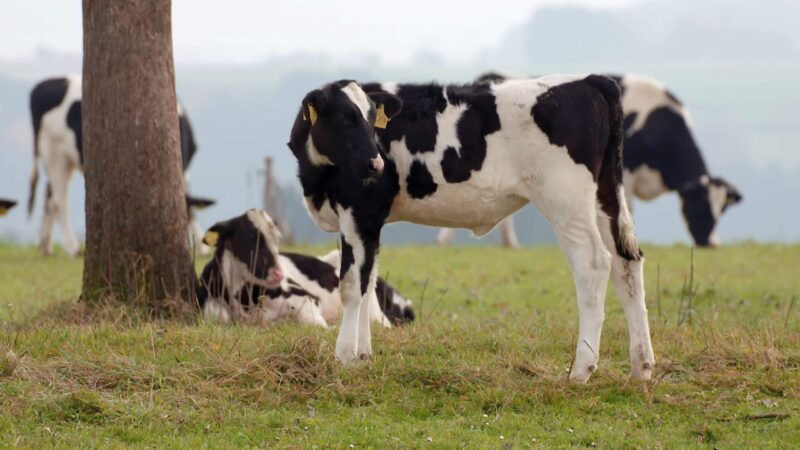
Raising animals organically means creating natural and healthy situations.
- Free-Range Grazing: I let my livestock loose on pasture to graze freely. Free-range gives the animals a natural diet and better health. Also helps regulate pasture growth and soil richness.
- Organic Feed: Fed my animals organic feed to make sure they got top nutrition. Organic means no synthetic additives or pesticides, supporting them overall.
- Natural Health Care: Organic farming encourages normal healthcare for animals. Used herbal treatments and natural supplements to maintain their wellness. Avoided antibiotics and synthetic medications when I could.
Certification and Marketing
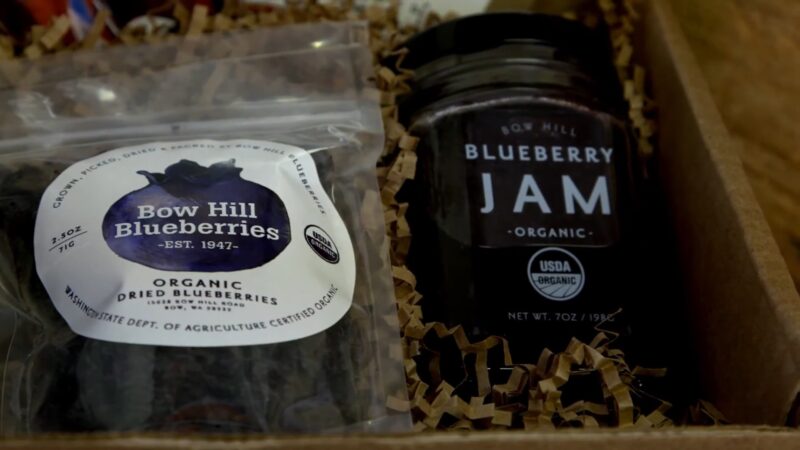
Transitioning to organic farming was a big change, but connecting directly with customers at my local farmers’ market has made all the difference. Those Saturday mornings are a highlight of my week.
It’s rewarding to see the smiles and hear the compliments as people browse my produce stand. I love it when kids drag their parents over, pointing excitedly at the rainbow of veggies. Taking the time to chat, answer questions, and give samples has cultivated loyal return customers.
I obtained certification through a recognized certifying agent. The process meant a thorough inspection of my farm and techniques. Earning the cert made my farm’s practices seem legit.
Final Thoughts
The difference in my soil, crops, and animals shows me the care I’m giving back is working. But it runs deeper – tending this earth in a natural, respectful way feeds my spirit in a way nothing else has. Watching everything thrive because of methods that honor creation is deeply fulfilling.
People said it’d be a struggle, and lord knows there’s been setbacks. But the pride of seeing it come together, and learning from mistakes, makes all that patience worthwhile. This journey’s taught me the ultimate lessons aren’t in a book – they live in open fields and forests, in the dirt beneath my toes.
Still got far to go, but being able to share what I’ve learned with neighbors inspires me. If listening ears want to walk this organic path themselves, well, there just might be hope yet we can nourish more than land.
